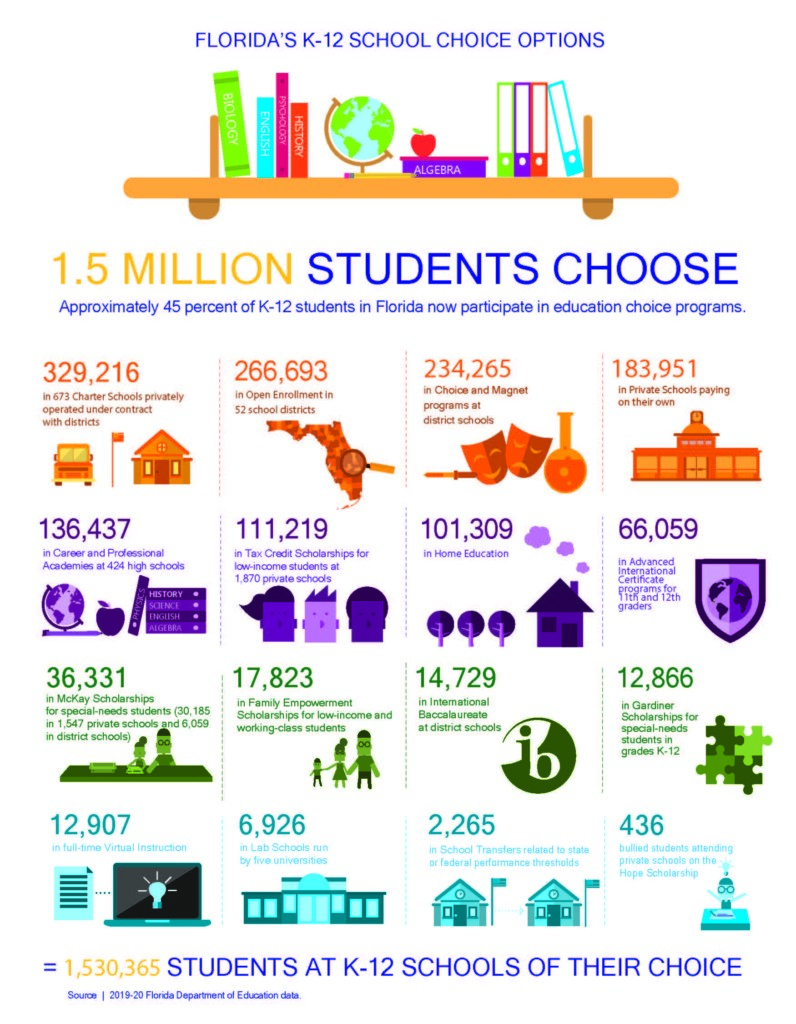New Study Reveals Marginal Gains in Reading and Reduced Absenteeism for Traditional Public Schools Due to Charter Competition

Cambridge, MA – A recent working paper from the National Bureau of Economic Research (NBER) indicates that the expansion of charter schools may lead to modest improvements in reading performance and a reduction in absenteeism among students remaining in traditional public schools (TPS). The study, titled "Competitive Effects of Charter Schools" by David N. Figlio, Cassandra Hart, and Krzysztof Karbownik, analyzed data from twelve districts in Florida.
The researchers consistently found that increased competition from new charter school openings positively impacted reading scores and decreased student absenteeism in nearby traditional public schools. However, the study noted no significant effect on mathematics performance. The findings, while statistically significant, were described as "modest in magnitude."
The study utilized a comprehensive dataset merging student-level school records with birth records, employing three distinct identification strategies to assess the causal effects. This robust methodology aimed to account for various factors, including student and family choices, that could influence outcomes. The authors highlighted that these competitive effects were observed across different estimation strategies.
The concept of charter school competition influencing traditional public schools is a long-standing debate in education policy. Proponents argue that the presence of charter schools incentivizes traditional schools to improve their offerings to retain students, while critics often raise concerns about resource drain and potential negative impacts on public school systems. This research contributes to the understanding of these competitive dynamics.
The authors acknowledged that their study was based in Florida, a state with a robust school choice environment, and cautioned that results might not be universally applicable. They also suggested that further research is needed to explore the specific mechanisms through which these competitive effects manifest, such as changes in curriculum, teaching practices, or school management.